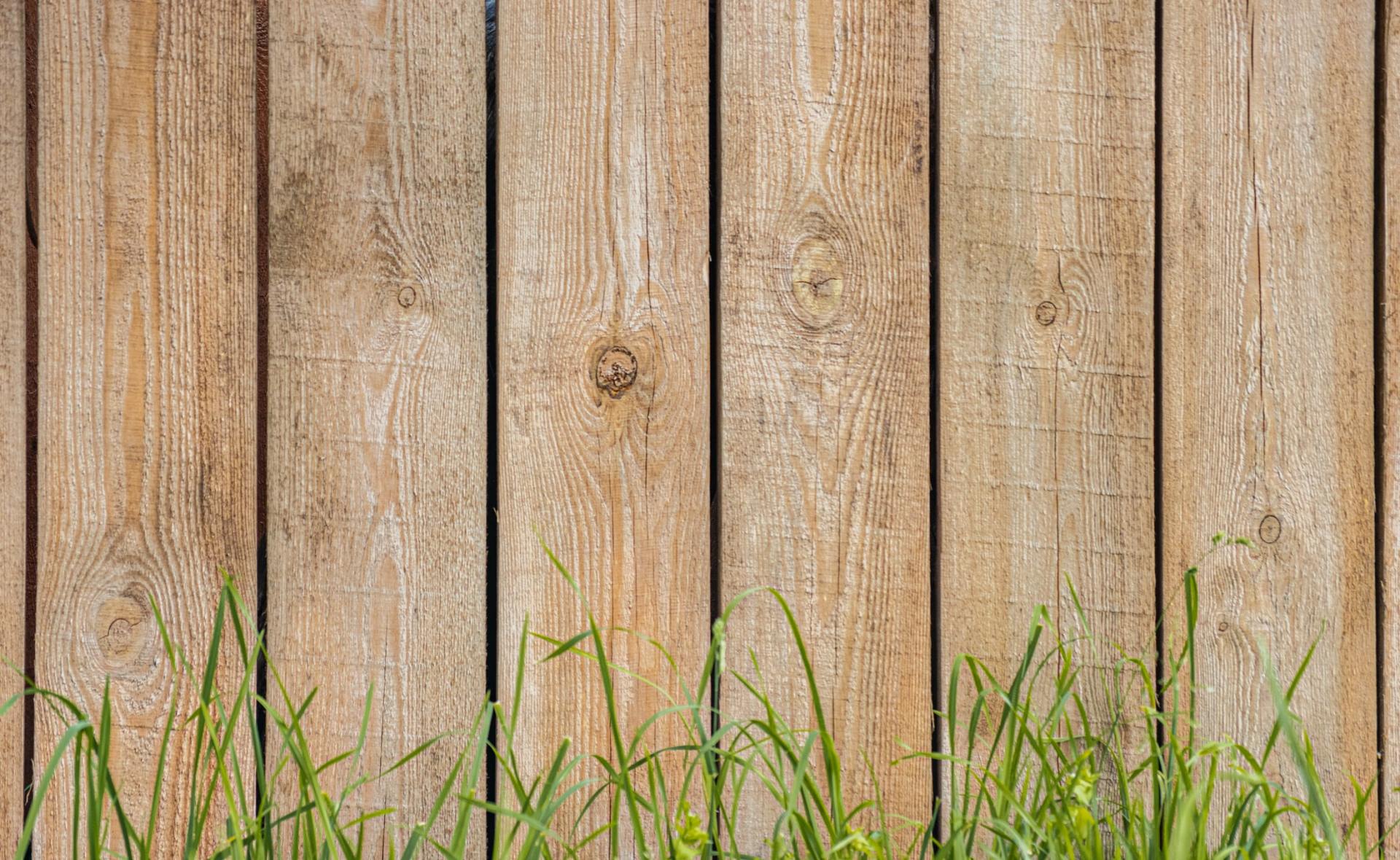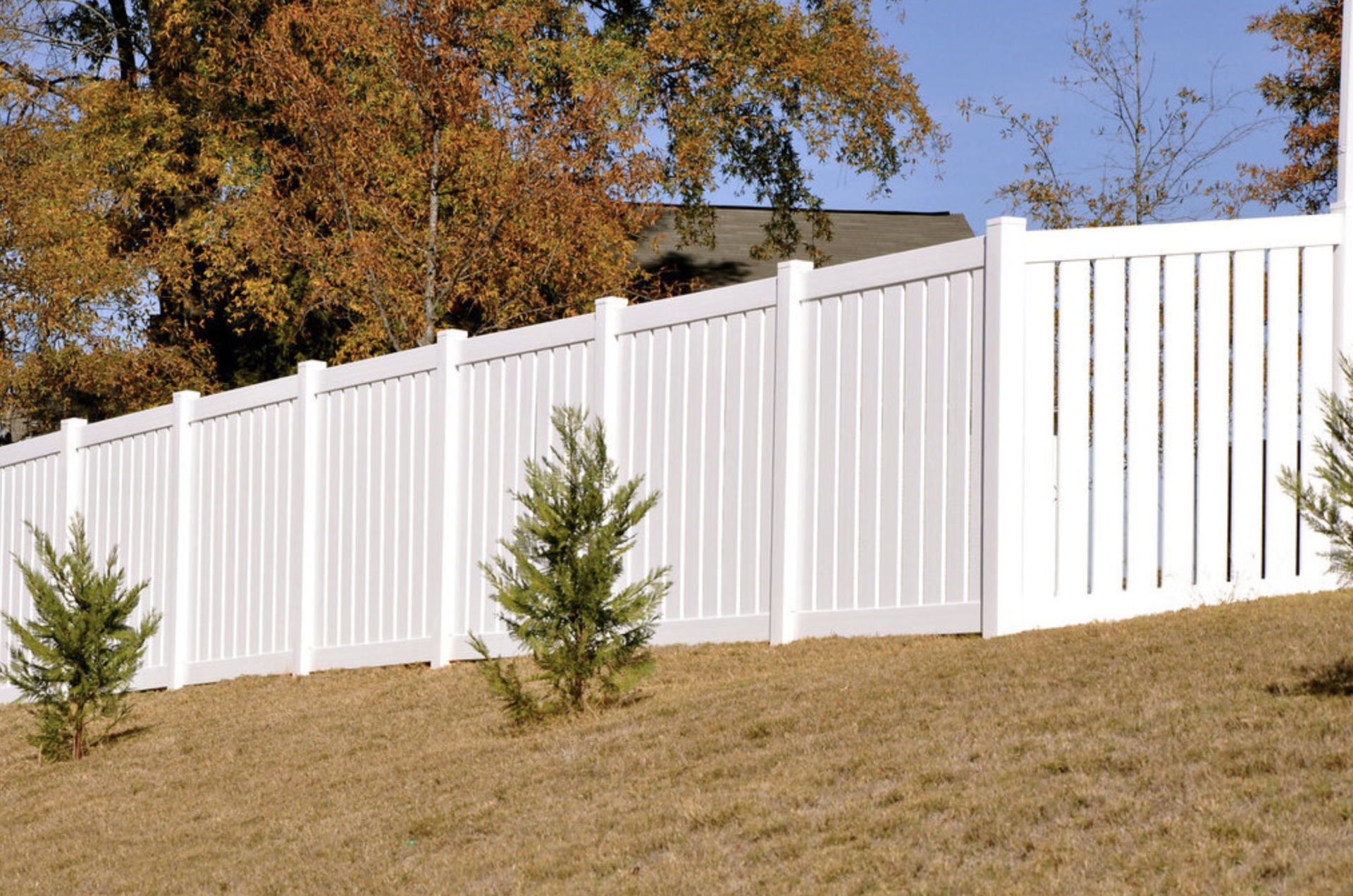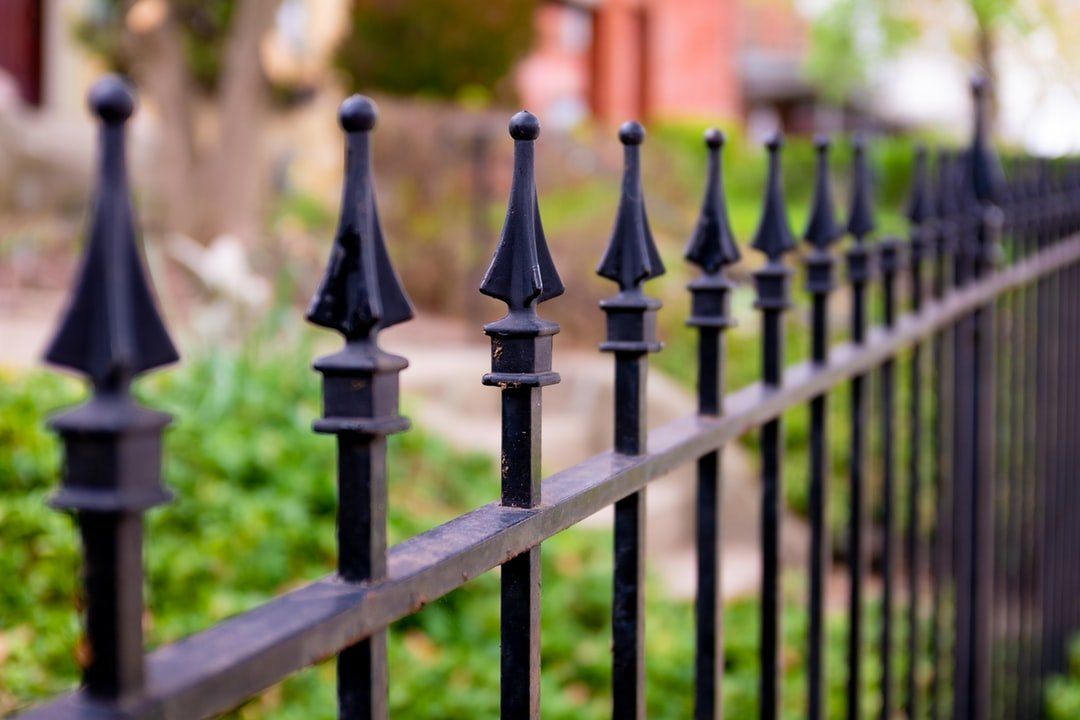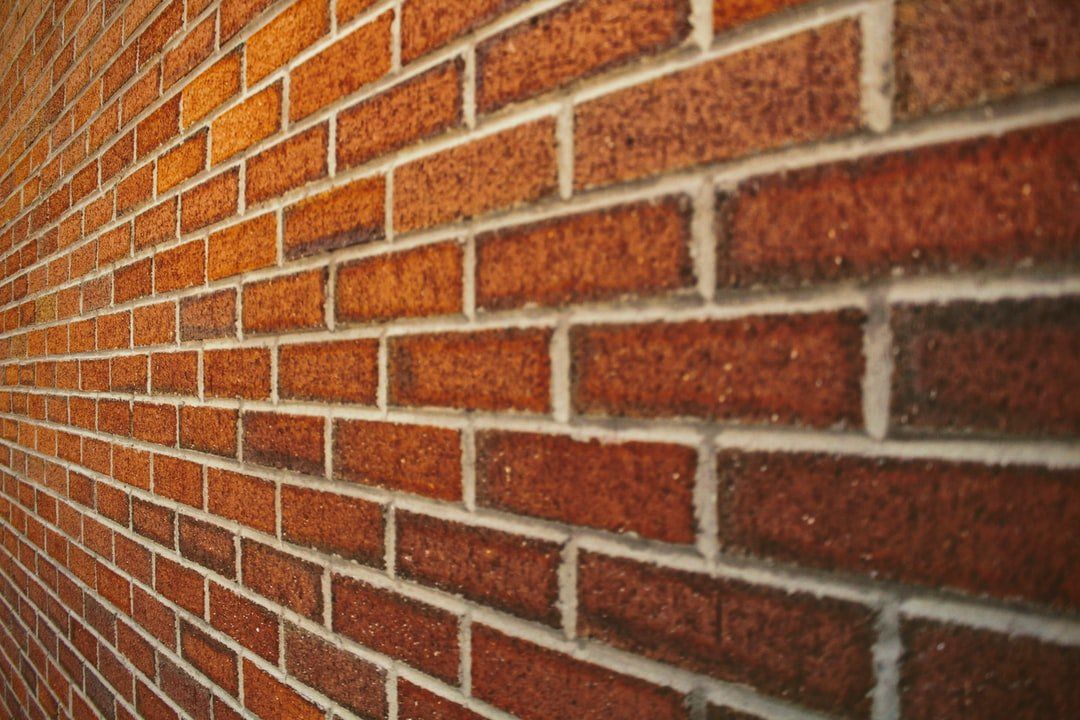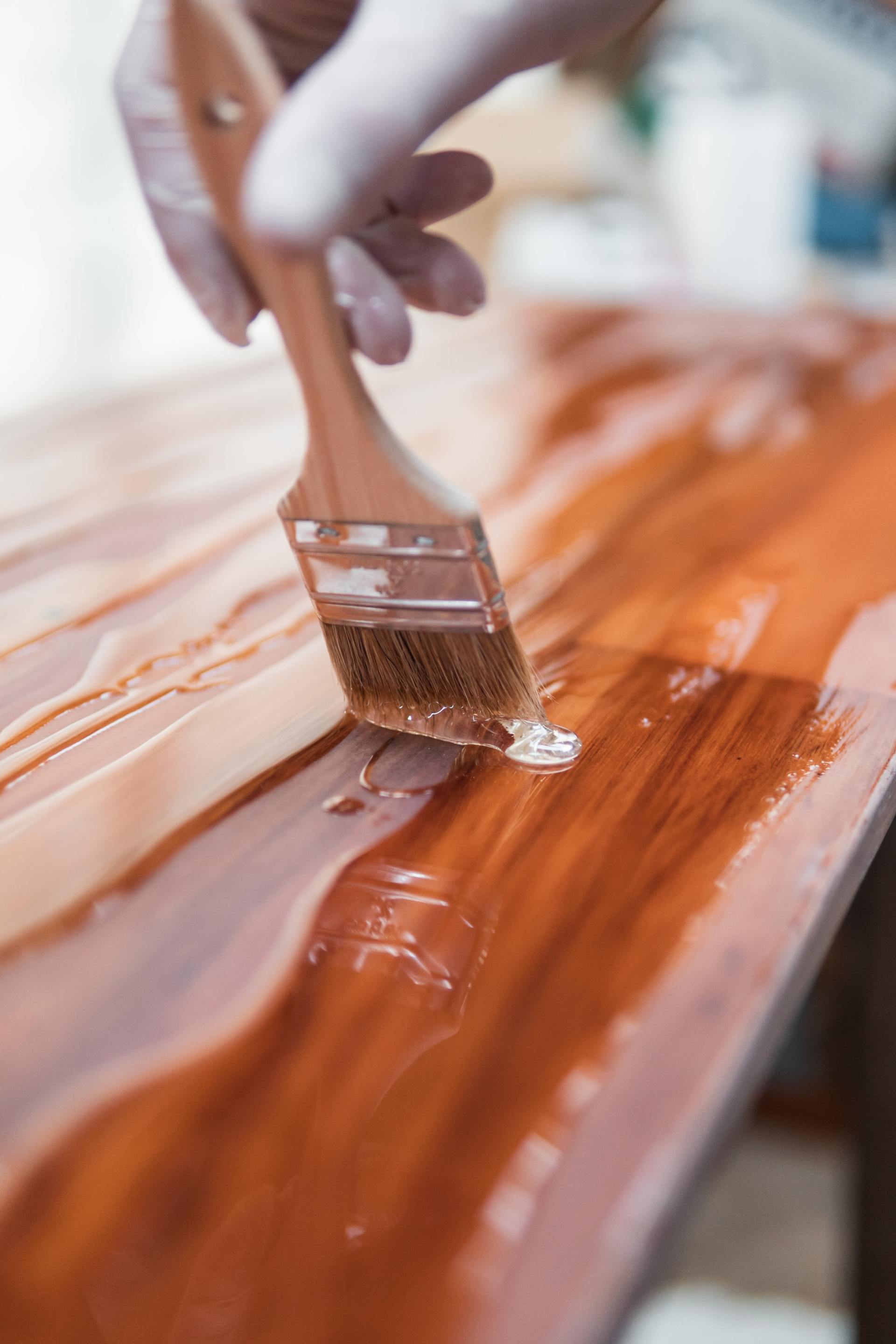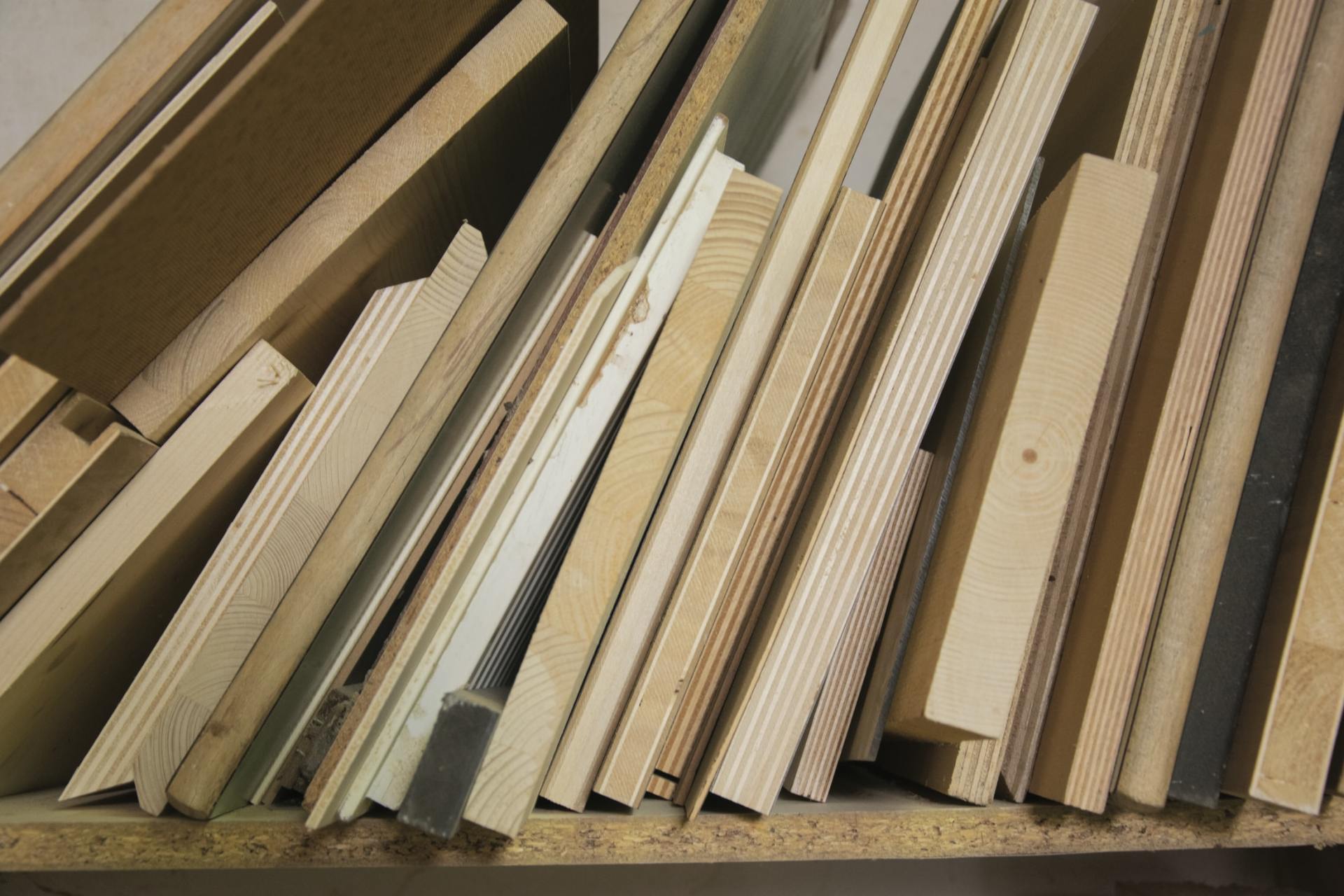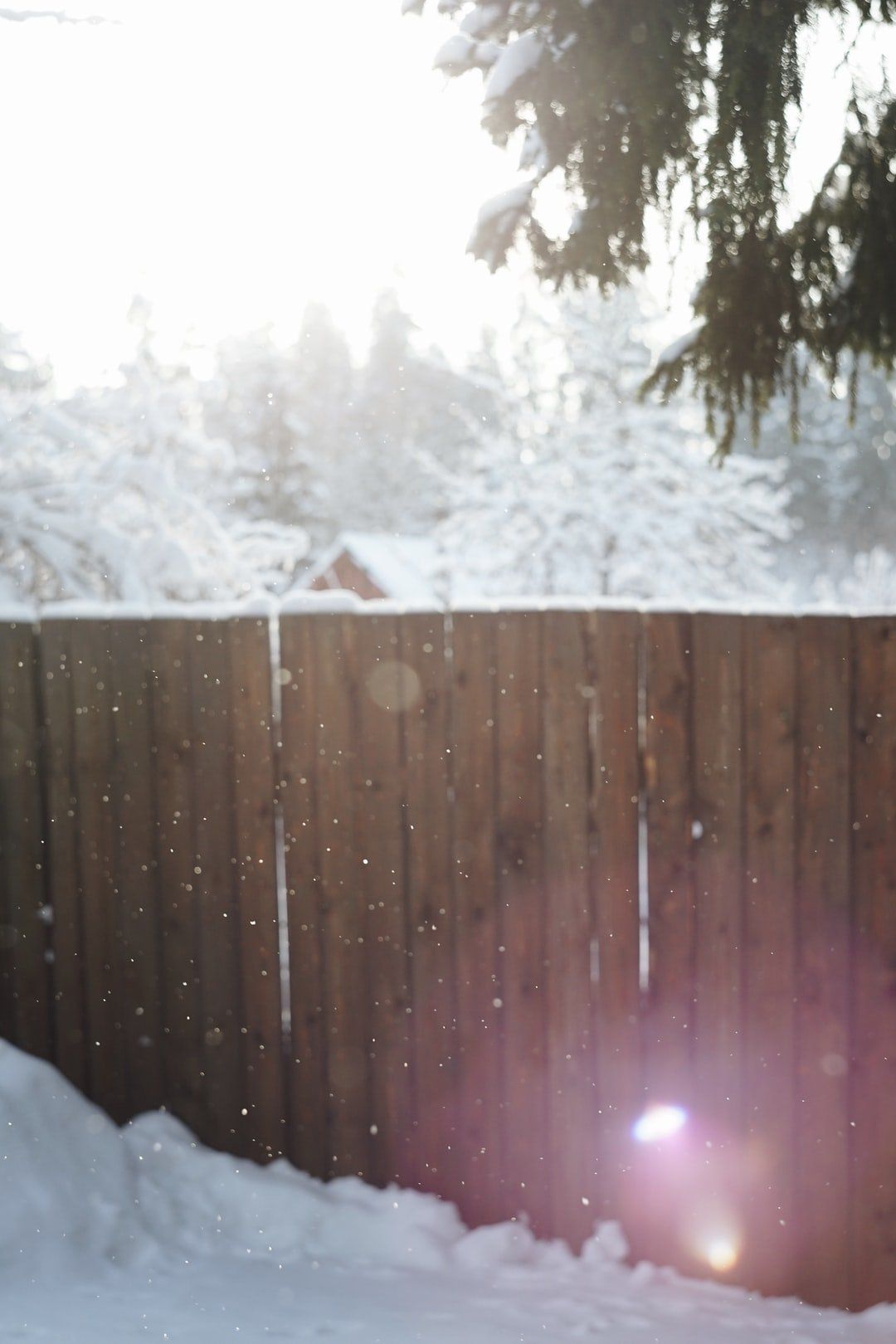What is the best fence material? 5 fencing options to consider.
Depending on your project details and priorities, the best fence material for your needs will vary. However, there are a few tried-and-true materials that should make the short list for any fencing project. Here, we will review the five best fence materials on the market and some suggestions for when to consider each.
Wood
Wood fencing offers a great deal of flexibility for fence color and design, and it is a long-lasting option with proper maintenance. While the up-front cost of a wood fence is typically more budget-friendly than some other materials, there are maintenance costs you may want to consider.
Cedar is an extremely popular option for wood privacy fences. With few knots a tight grain, cedar is an attractive material that weathers to a silvery gray. Cedar fences are also naturally resistant to insects and decay. However, the untreated wood is more susceptible to rot in the soil compared to treated wood, so ground posts should be installed into concrete (or use treated wood for the posts). A penetrating sealant will provide long-lasting protection.
Chemically- and pressure-treated wood is popular for all sorts of outdoor structures, from decks to pergolas, and more. It can be an economical choice of fencing material and is a particularly good choice for posts inserted in the ground because the material resists both moisture and insects. Sealing or painting treated wood is recommended to increase longevity. Treated or not, wood planks will eventually warp over time and need to be replaced.
If a natural aesthetic, privacy, or budget are your top priorities, take a good look at the various wood fence options. If “maintenance-free” is your highest concern, wood may not be the best fence material for you.
Vinyl
Vinyl fencing material has drastically improved over the years. In the early days, vinyl fences would deteriorate quickly, becoming brittle and sagging. But today’s vinyl fences are strong, durable, and low-maintenance. A higher, or thicker, gauge vinyl will cost more but will offer the most durability. Although vinyl fences cost more up-front than wood fences, there are virtually no maintenance costs. Simply hose it off occasionally to keep it looking fresh. If privacy or low maintenance are your priorities, vinyl will be one of the best fence materials for you to consider.
Composite
Composite fencing material is made with a combination of wood fibers and plastic polymers. This option typically comes in at a higher price point than wood or vinyl, and rightly so, as it offers the look of wood with the durability and low maintenance of vinyl. Beware though: the quality of composite fencing material can vary greatly, so be sure to buy from a reputable fencing company. If privacy and low-maintenance are your highest priorities, this may be the best fence material for your project.
Metal
Metal fences are available in a wide range of price points, depending on the type and style of the metal you choose. At a higher price point, wrought iron fences are extremely strong and durable, and are generally low maintenance. (Scraping and applying rust-inhibiting paint will be required as the fence eventually shows signs of corrosion.) Wrought iron will last for decades, providing not only security, but a stately, traditional look.
Steel and aluminum fences offer a similar aesthetic at a lower price point, and remain extremely durable and long-lasting. A steel fence will be low-maintenance, but may still eventually require a rust-inhibiting paint to stop corrosion. Aluminum fencing is not susceptible to water damage, rust, or rot. Regardless of your budget, if strength and durability are a priority, some type of metal fence will be a great option. If privacy is at the top of your list, metal is probably not the best fence material for your project.
Masonry Fences
Whether constructed of brick, stone, or stucco, masonry fences offer a stately design to a property, not to mention privacy and security. Masonry is also often combined with other fence materials like wood or metal to adjust the design and also reduce the cost of labor and materials. While masonry fences are low maintenance, it is possible for mortar joints to become loose in stone or brick fences over time, requiring repairs to stabilize. If budget is your top priority, this is not the best fence material for you. But if you have the budget, and if security and privacy are your top priorities, consider incorporating masonry into your fencing project.

